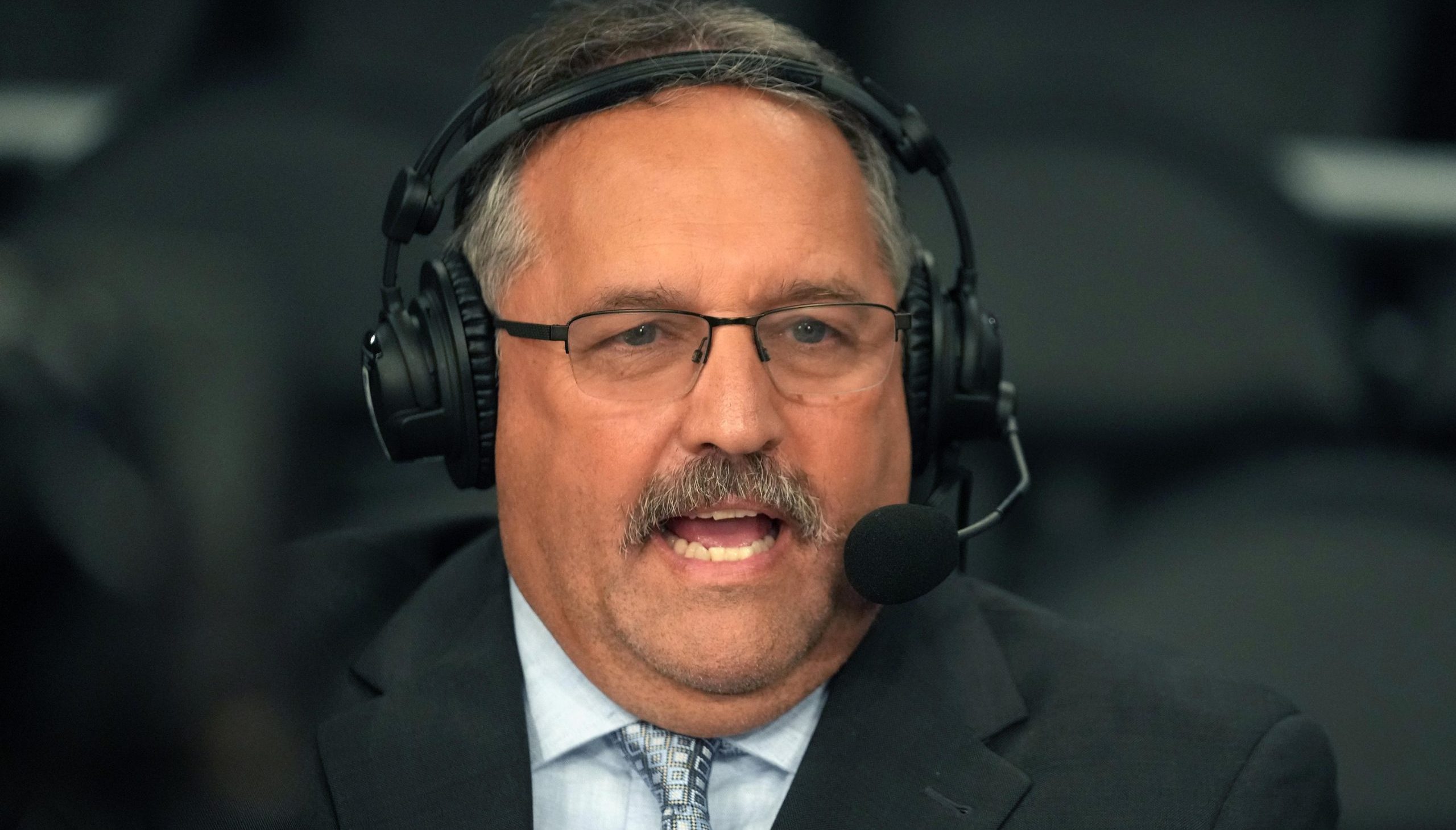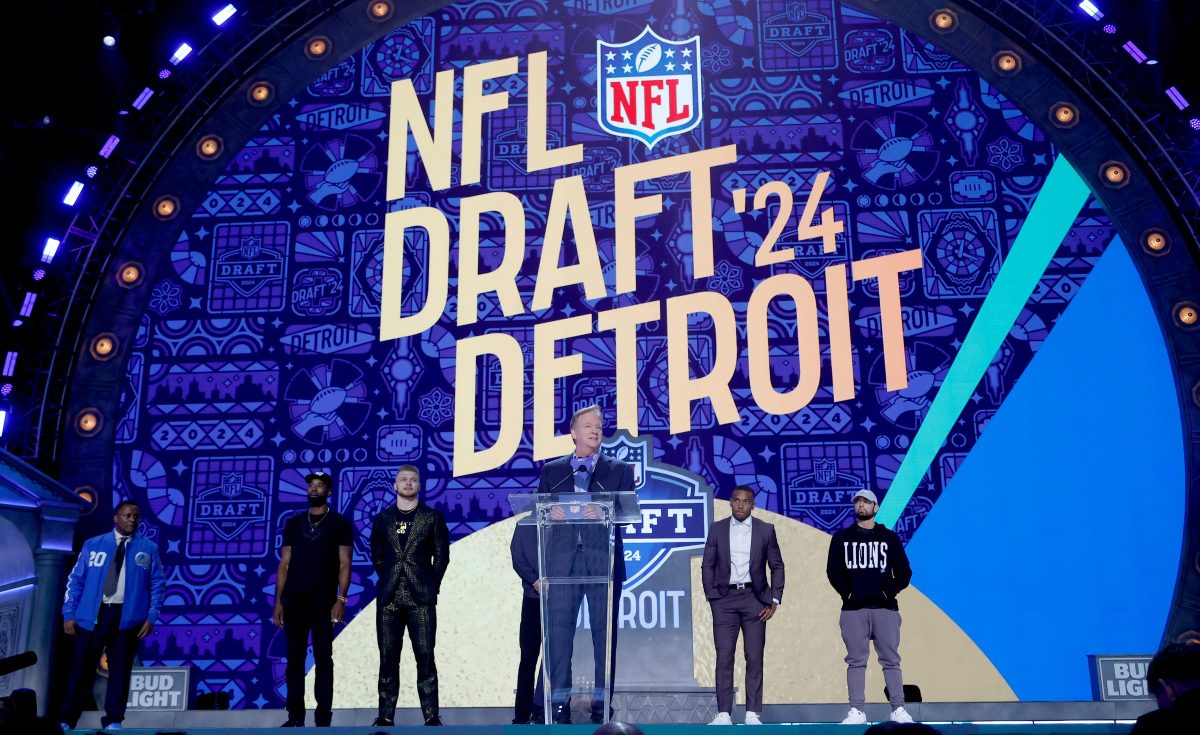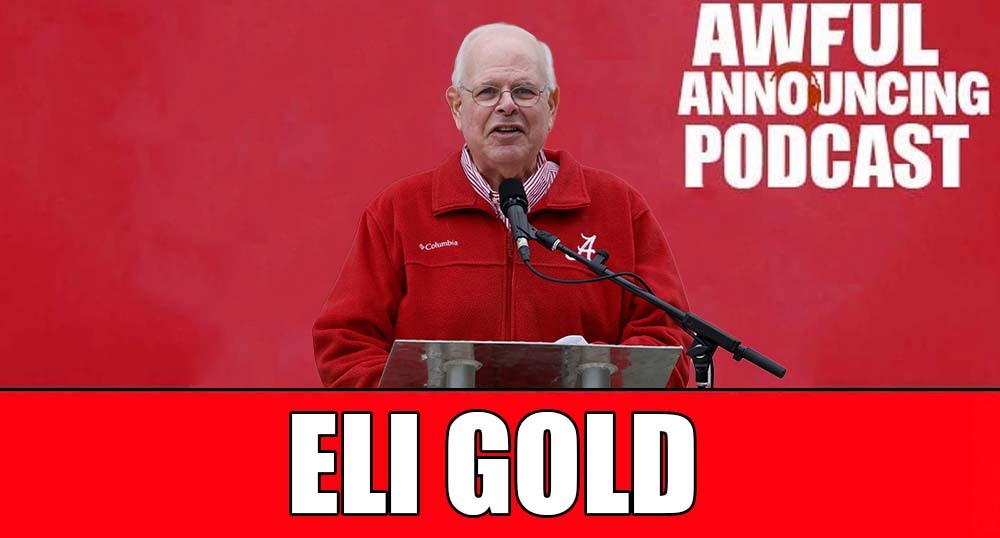There have been a lot of changes in the sports media world over the past decades, and one of them is now getting an interesting Sports Illustrated spotlight. SI executive editor and senior writer Jon Wertheim has a piece in the next issue of the magazine (which is scheduled to hit newsstands on March 23) titled “Anchors Away” in the print version and “The Death of the Local Sports Anchor” online. The article (its lead illustration is seen at left above) focuses on the seeming diminishing importance of local network affiliate sportscasters. SI made that their digital daily cover and published it online Tuesday.
They were kind of a big deal.
They were very important.
They had many leather-bound books, and their apartments smelled of rich mahogany.Today? Not so much.@jon_wertheim on whether local sportscasters can reclaim their crowns: https://t.co/A5LwuUyCd7 pic.twitter.com/gYcxLCzDPF
— Sports Illustrated (@SInow) March 21, 2023
On Monday, in advance of the piece’s publication, Wertheim (seen at right above) spoke to AA on this story. He said it came into particular focus for him thanks to being in Los Angeles when long-time KNBC anchor Fred Roggin (who’s used as the central interview and example here) retired from that job after four-plus decades.
“I was in LA during the week when Fred Roggin retired, and that kind of crystalized it,” Wertheim said. “[The local sportscaster] was once a seminal figure in local markets. And there was sort of a combination of every trend of the last, whatever, 25 years, from the decline of linear TV to mobile technology to ESPN. …It just seemed like this was a job that was singularly beaten up on by technology and various trends.”
Wertheim said Roggin’s story isn’t identical to that of every local sports anchor, but it does have quite a few elements that overlap with the wider picture.
“In some ways, it’s representative. Here’s this guy who was a seminal figure in LA, and there were billboards all over town with his face, and this guy was there for everything.”
He said another facet that made Roggin interesting was his prescience in recognizing challenges coming for local sportscasts, and the different ways he tried to address that, from the highly-produced and syndicated Roggin’s Heroes looping highlight show he started in the 199os through a recent retooling of that into a high school sports focus on local athletes who otherwise wouldn’t get much TV coverage.
“It’s also interesting in that Fred is sort of an outlier, he saw this coming,” Wertheim said. “I remember him, even growing up in the Midwest, from the 80s and 90s. He seemed to know very early on that this was something that had to evolve with the times. …In some ways, it’s typical. ‘Here’s this big-city sportscaster who was once the prince of the town, and is retiring with relatively little fanfare.’ But in others, I think Fred was one of the guys who saw this coming, and did everything in his power to try and evolve the job. He expressed his frustration to me that in a lot of places, they’re doing the exact same drill they were 50 years ago. I think he’s actually at the forefront of recognizing that things are going to have to evolve if the job is going to stay.”
How should that evolution happen, though? Well, Roggin has some ideas, which Wertheim relays in the third-to-concluding paragraph of the story.
Roggin isn’t quite ready to administer a final result to the local sportscaster. He suggests that they swap what for why. “Offer perspective and analysis and opinion,” he says. “Anyone can say, ‘The Lakers had a team meeting.’ But tell people why they had that meeting. And what it meant. Give people something that they can’t get somewhere else. That’s how it survives.”
That’s Roggin’s perspective, though. With Wertheim being a notable media observer himself (see our coverage of his previous SI feature on Joe Buck and Troy Aikman), it seemed worthwhile to ask him what path he sees for local sportscasts. And he said he thinks Roggin has points on the hyperlocal idea and the need for perspective and analysis, but there are still going to be challenges just based on the structure of local newscasts and their declining viewership.
The latest
“I think that’s a much better play than the typical ‘Here’s the roundup, LeBron James scored 32 points, 20 of that in the second half, and the Lakers won their third-straight game.’ But it’s tough. These things cost money. And I do think this idea of swap why for the what makes sense, because people know the basics by the time your sportscast rolls around.”
There is one potential benefit for these local broadcasts, in that with their signal still being available over the air to anyone with an antenna, they’re not facing quite as many cord-cutting challenges as the cable sports networks are. We’ve seen that recently with a lot of rights deals including at least some broadcast TV component, and with growing importance to the broadcast/cable divide in ratings. But Wertheim said while he sees a benefit for those local affiliates overall, he’s not sure that’s going to help the sportscasts that much.
“On some level, network TV doesn’t have the same cord-cutting,” he said. “They don’t have the same revenue streams as they did 30 years ago, but they’re not getting hit quite as hard by the cord-cutting. But I just don’t know if people are getting their local news by sitting down at a particular time to watch it. But it is interesting that at some level, network is getting a little bit of muscle back. …But I just think that with how we consume our information, the format is really problematic.”
One particularly great part of Wertheim’s piece is a quote from Al Michaels, which he obtained some time ago. Michaels got his start at a local affiliate in Honolulu, and he had to think long and hard about leaving that for the Cincinnati Reds and for network opportunities. He told Wertheim many local sportscasters chose not to make similar moves, and they had good reasons.
“These guys might want to do a game or an event, go work an Olympics maybe,” Michaels once told me. “But why leave [to go a national network full time]? You’re paidwell. You’re treated like a king in your community. You get to sleep in your own bed. It was a good gig!”
Wertheim said that quote came out of his longstanding relationship with Michaels, which included co-writing Michaels’ 2014 book You Can’t Make This Up: Miracles, Memories, and the Perfect Marriage of Sports and Television.
“I worked on Al’s book about 10 years ago, and a lot of the time, we would just talk. And I think his point was that unless you’re of a certain age, you forget how much sway these guys had. Living in Cincinnati, Ohio, or Indianapolis, or Kansas City, you were the king of the city, and everyone knew who you were, and you were sort of a celebrity in the community, and you were paid, you could make seven figures in the right market. Al was in Hawaii, and him going to the Cincinnati Reds, right now, that would be a no-brainer. But he really had to think about it. And the context really was that people forget that being the guy, being the sports guy in a market, was really attractive, so much so that people would turn down the network opportunities. Life was so good when you were the king in Cincinnati.”
That SI tweet at top, and Wertheim’s piece, also include a discussion of fictional sports anchor Champ Kind (David Koechner) in 2005’s Anchorman: The Legend of Ron Burgundy, which looks back at a fictional local news team in 1974 San Diego. Here’s some of that:
“Anchorman had it right when it observed: “There was a time, a time before cable, when the local anchor reigned supreme. …He was like a god walking amongst mere mortals.”
Wertheim said he thought that particularly fit the theme of this piece.
“It’s a gratuitous Anchorman joke, but Anchorman got it right. For a while there, before cable TV, before the internet, before ESPN, before we were all getting text alerts and watching in real-time, these were kind of the kings of the sports world. Now, sadly, that job does not have the status it once did.”






